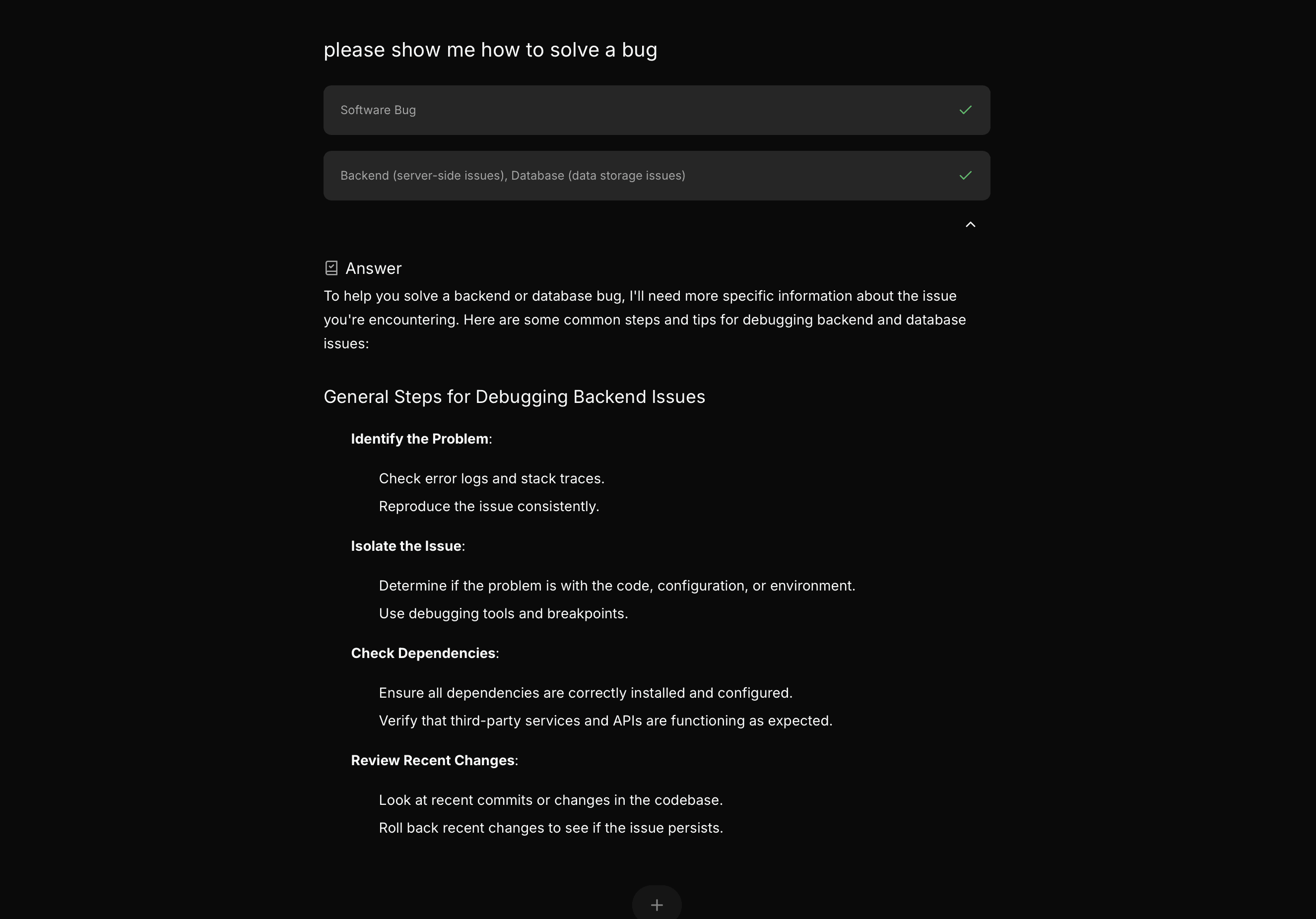engineering
1. Accelerating Code Writing and Debugging
Automated Code Generation: AI can assist in writing code by suggesting lines, functions, or entire modules based on the context of the project. This not only speeds up the development process but also helps ensure that best practices are followed, reducing the chances of introducing errors.
Real-Time Bug Detection: AI-powered tools can analyze code in real-time, identifying potential bugs or security vulnerabilities before they become bigger issues. By catching these problems early, your team can save time on debugging and focus more on innovation.
2. Enhancing Code Quality
Automated Code Reviews: AI tools can perform code reviews by checking for style consistency, performance issues, and compliance with coding standards. This automated review process ensures that your codebase remains clean, efficient, and maintainable, reducing the need for manual reviews.
Predictive Testing: AI can predict areas of the code that are more likely to contain bugs based on historical data and testing patterns. This allows your team to focus their testing efforts on the most critical areas, ensuring a higher level of code quality.
3. Improving Collaboration and Project Management
Task Prioritization: AI-driven project management tools help your team prioritize tasks based on deadlines, dependencies, and workload. This ensures that the most important tasks are tackled first, keeping your project on track and preventing bottlenecks.
Automated Documentation: AI can automatically generate and update documentation as code evolves, ensuring that all team members have access to up-to-date project information. This improves collaboration and reduces time spent on manual documentation efforts.
4. Optimizing Software Testing
Intelligent Test Automation: AI enhances test automation by generating and running test cases more efficiently. It can also adapt testing strategies based on the results of previous tests, ensuring that your software is thoroughly tested before release.
Regression Testing: AI can detect patterns in code changes and identify areas that need regression testing, ensuring that new updates or features don’t introduce new bugs into existing code. This leads to faster and more reliable software releases.
5. Streamlining DevOps
Continuous Integration and Delivery (CI/CD): AI can monitor and optimize your CI/CD pipeline, identifying areas where build times can be reduced and automating routine tasks like code integration and deployment. This helps your team maintain a steady development flow and deliver software updates more frequently and reliably.
Resource Allocation: AI-driven DevOps tools can predict system resource requirements and allocate them accordingly, ensuring that your applications run smoothly without over-provisioning, which can save costs and improve performance.

